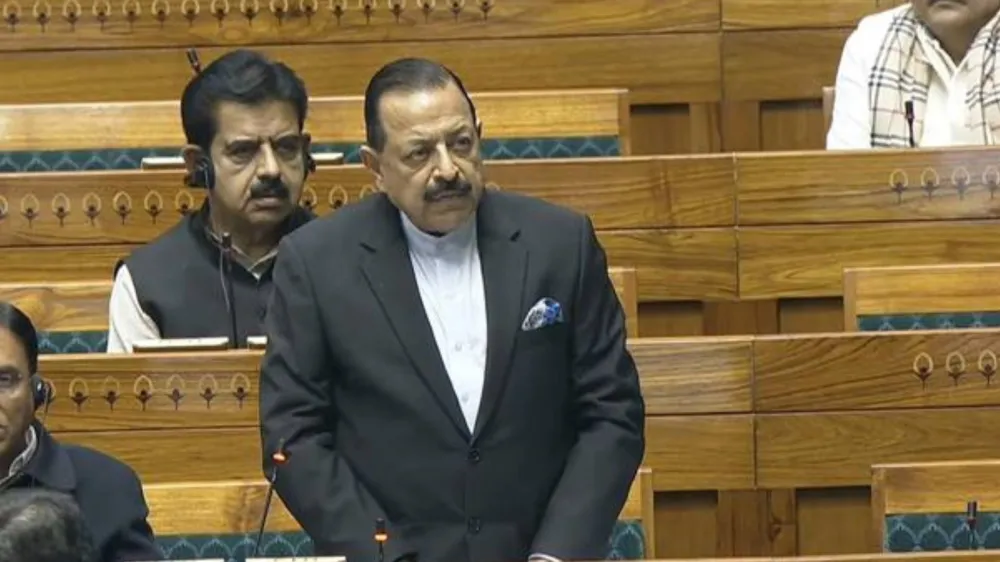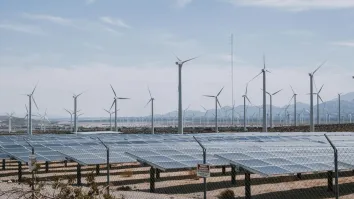Electricity derivative market for the Philippines
By Eric HoMaturing into its ten years of commercial operations, the Wholesale Electricity Spot Market (WESM) has seen its share of volatility and regulatory intervention. Spot prices in WESM have been strongly driven by events, spiking on an almost annual basis on plant maintenance shutdown, typhoons, or fuel shortages.
Volatile spot market prices which are susceptible to market power problems make up the physical characteristics of an electricity market. This behaviour of electricity prices is due to the fact that electricity is scarcely storable.
With limited storage capacity such as reservoir hydropower plants and pump storage facilities, the consequences of this non-storability is evident in the enormous price fluctuations which can be observed in most electricity markets.
As the competitive but volatile electricity market matures, generators, retailers, and consumers seek certainty in their costs and revenues through a mix of hedging practices, contracting, and active trading.
The introduction of a (derivative) forward market, which allows buyers and sellers to trade now for delivery in the future, locking-in a price in advance, can significantly increase competition and benefit consumers. As forward markets provide certainty to future price swings, it is a complete hedging tool, limiting uncertainty in the future.
A forward market manages the risk of uncertain future demand and in doing so changes the producers’ strategic incentives in a way that enhances efficiency, increasing liquidity while reducing volatility.
The availability of a market-determined forward price signals future market tightness allowing producers to better plan generation and outages, and distributors securing the required volume.
Competition can also be expected to increase as more players participate with improved understanding and appreciation of the forward market. Gaming or market power will also shrink with an alternative forward market to trade where information is transparent.
Bidding behaviour
In the physical spot market with inelastic demand, a large generator can exercise market power either through reducing supply, or by differentiating between bid prices of different generating units to a profit-maximising strategy.
As all generators will be paid the market clearing price i.e. the highest price bid to satisfy demand, large and opportunistic generators at the margin have an incentive in pursuing the differential bidding strategy. These generators will offer prices way above the marginal cost as the cost mark-up makes up for units not called upon for supply.
In the presence of hedging contracts, large generators lose their incentive to exercise market power over spot market prices. Electricity generators who hedge their positions in the spot market are protected with a future revenue stream which allows them to pursue an aggressive pricing policy in the spot market and counter threats of new entrants, thus maintaining market share. Financial derivatives also help to push prices closer to marginal cost by making the supply side more contestable.
On the flip side, with sufficient generating capacity, large generators can easily deter new entrants by using contract cover as an instrument for dumping. By lowering electricity prices and hence profits of individual generators in the near term, new market entrants are deterred and generators stand to have higher prices in the long run. Derivatives can also be used as a commitment device to prevent regulatory intervention and to increase future market share.
The effects of derivatives on the spot market price depend crucially on the level of hedging by the generators. Given the opportunity, generators will hedge most of their output through derivative contracts to lock in future revenue stream. Where consumers are more risk-adverse than generators, generators can sell forward contracts with a risk premium and the consumer locking in cost now.
System stability
Spot market transactions in WESM make up about 8.2% or about 5.2 TWh in 2015, while the rest are through bilateral contracts or BCQ as it is more commonly known. Distributors transacted even less in the spot market, opting instead for long-term contracts.
High volumes of long-term contracts should increase the stability of the system by fixing the long- term price of electricity with only a small fraction fully exposed to the price volatility of the spot market.
However, such contracts are not transparent and on their own do not give market operators the same flexibility of spot market transactions, where both generators and consumers can modify their decisions to sell or to buy electricity.
The trade-off between the liquidity in the spot market and the stability of the system gives rise to a vicious circle, since liquidity is a necessary condition for the efficiency of the spot market. The presence of a spot market and a regulated electricity derivative market gives choices to generators and consumers to trade and can help to address the liquidity concerns.
The consumer’s choice between spot market and bilateral contracts increases the price elasticity of demand as volumes will be allocated amongst them, and thus reducing generators’ incentive to exercise market power.
The freedom of choice for the consumer to choose between spot transactions and derivative contracts, and for generators hedging their spot market exposure, mitigates the effects of market power on spot prices. This market-determined outcome devoid regulatory imposition makes the spot market more efficient and liquid.
A regulated market for financial derivatives will also reduce the risk of systemic crisis. Properly structured, with the financial authority overseeing transactions and the clearing-house guaranteeing participants from counterparty risk, resources and risks are appropriately allocated among power generators and distributors which ultimately benefits the customers.
Standardised futures contracts may attract speculative traders increasing market liquidity.




















 Advertise
Advertise






